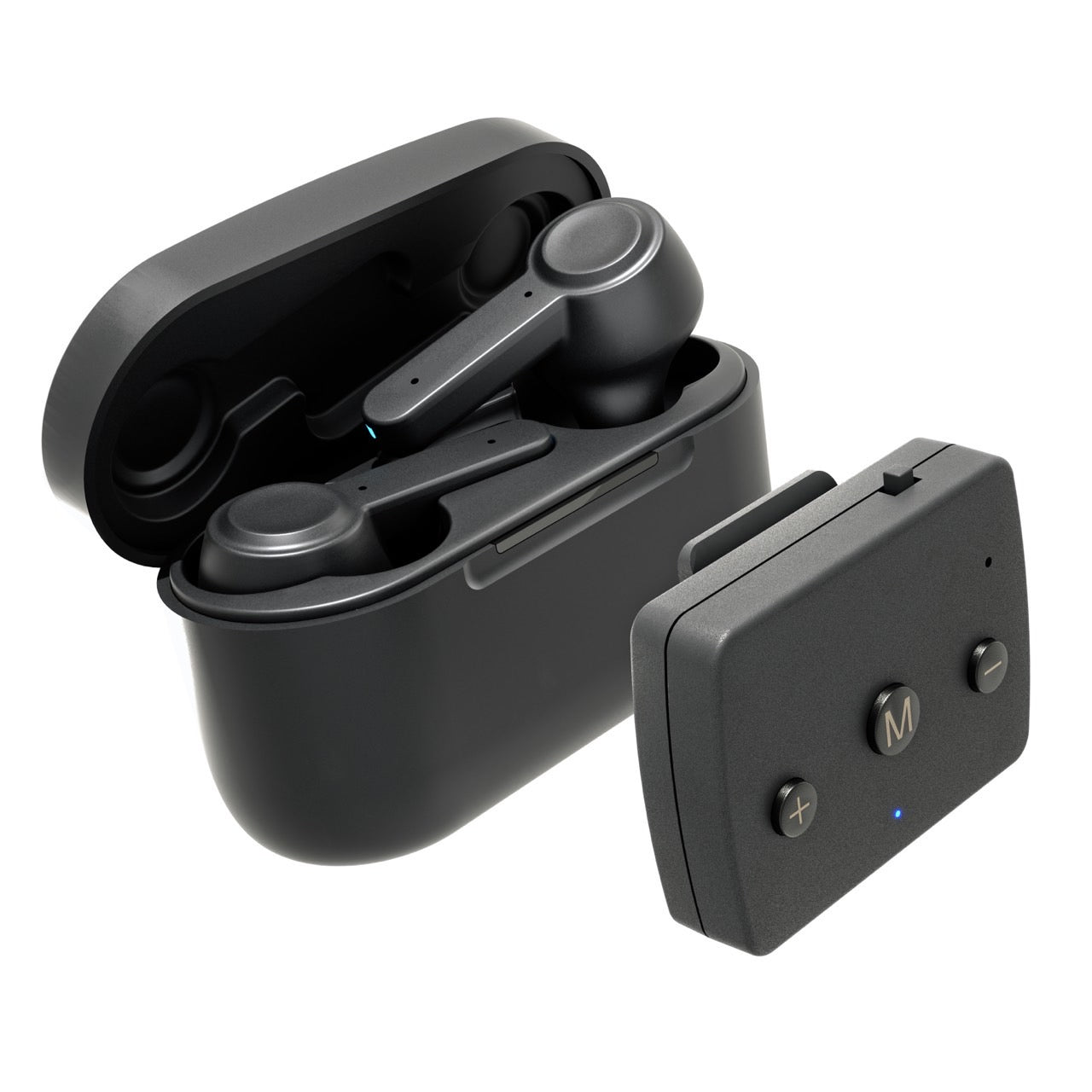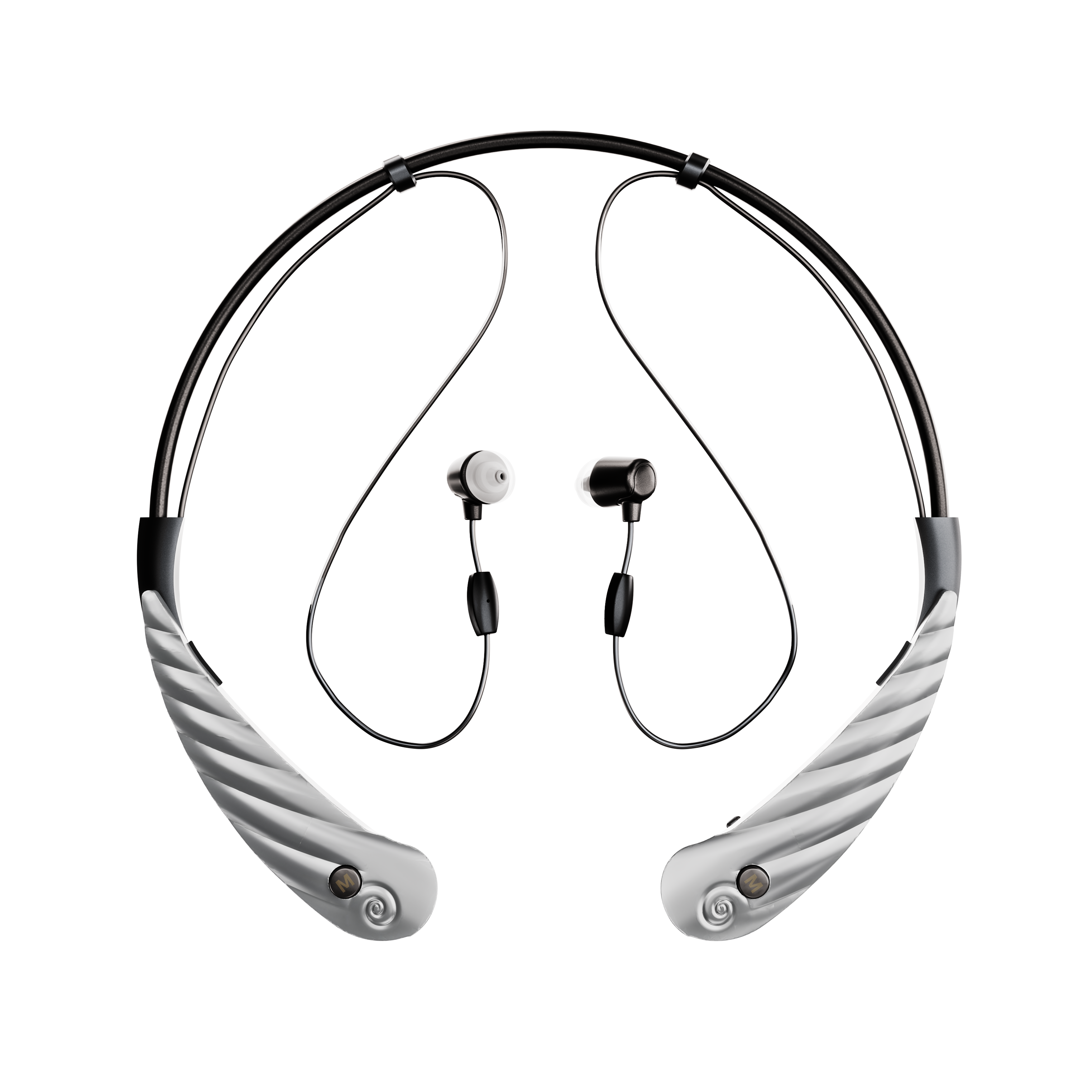Introduction
The symphony of life is made richer by the intricate nuances of sound, and our ability to hear plays a pivotal role in this auditory masterpiece. While hearing aids like those crafted by Mimitakara have revolutionized the way we experience the world of sound, there's more to preserving and enhancing our hearing than technology alone. In this comprehensive exploration, we will uncover the often-overlooked connection between nutrition and auditory well-being, shedding light on the types of foods that can contribute to a healthier hearing experience.
Foods
While there is no specific type of food that can directly improve hearing, a balanced and nutritious diet can contribute to overall ear health and support the functioning of the auditory system. Certain nutrients are essential for maintaining good hearing health. Here are some nutrients and foods that may be beneficial:
- Omega-3 fatty acids: Found in fatty fish (such as salmon, mackerel, and trout), walnuts, flaxseeds, and chia seeds. These can help improve blood flow to the ear's sensory cells.
- Antioxidants: Protecting the ear's delicate hair cells from damage is crucial for maintaining good hearing. Foods rich in antioxidants include fruits (berries, citrus fruits), vegetables (spinach, kale, broccoli), and nuts (particularly almonds).
- Vitamin C: Found in citrus fruits, strawberries, bell peppers, and broccoli. Vitamin C helps boost the immune system and may protect against ear infections.
- Zinc: This mineral is important for the proper functioning of the immune system. Good sources of zinc include oysters, beef, pork, and fortified cereals.
- Magnesium: Found in green leafy vegetables, nuts, seeds, and whole grains. Magnesium may help protect against noise-induced hearing loss.
- Vitamin E: Found in nuts, seeds, spinach, and broccoli. Vitamin E has antioxidant properties that may contribute to overall ear health.
- Folate (Vitamin B9): Present in lentils, beans, leafy greens, and avocados. Folate may help lower the risk of age-related hearing loss.
Diet and Hearing
It's important to note that while a healthy diet can support ear health, it cannot reverse hearing loss or treat underlying medical conditions. If you have concerns about your hearing, it's advisable to consult with a healthcare professional or an audiologist for a proper diagnosis and appropriate treatment. Additionally, protecting your ears from loud noises and maintaining good ear hygiene are essential aspects of hearing care.










